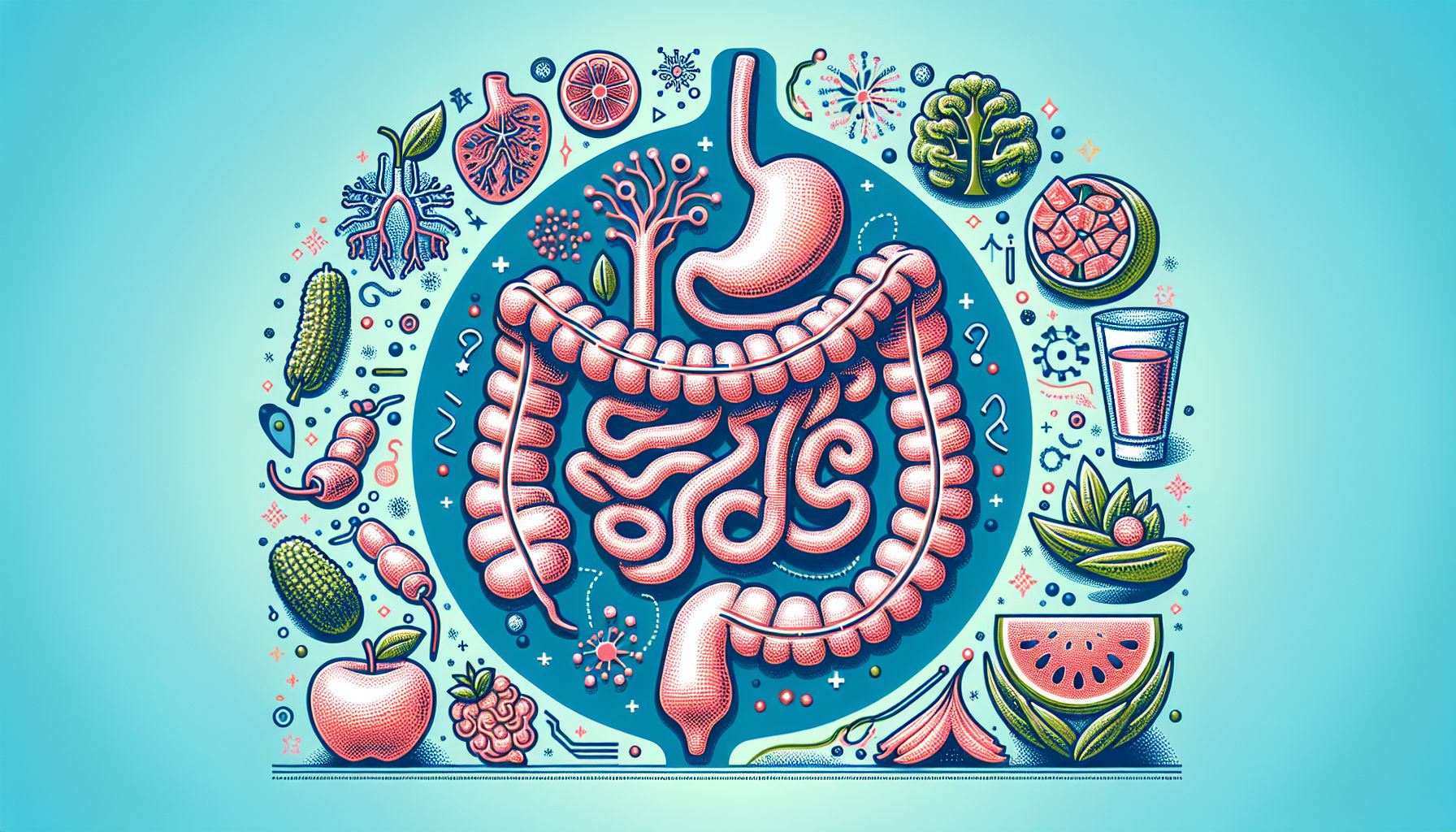
Gastrointestinal Health: What You Need to Know
The gastrointestinal (GI) system plays a critical role in our overall health, encompassing a complex network of organs that process the food we consume, absorb nutrients, and expel waste. Understanding how the gastrointestinal system works can help us maintain optimal health and prevent various digestive disorders. In this comprehensive guide, we’ll explore the essentials of gastrointestinal health, its impact across different life stages, and insights from medical experts.
What is the Gastrointestinal System?
The gastrointestinal system, also known as the digestive system, is a series of hollow organs joined in a long, twisting tube from the mouth to the anus. This system includes the mouth, esophagus, stomach, small intestine, large intestine, rectum, and anus. Accessory organs such as the liver, pancreas, and gallbladder also play crucial roles in digestion by producing enzymes and bile that aid in breaking down food.
The Mechanism of Action
1. Ingestion and Digestion: The process begins with ingestion in the mouth, where food is mechanically broken down by chewing and chemically by saliva.
2. Transportation to the Stomach: The esophagus then transports the food to the stomach, where it is mixed with gastric juices, turning it into a semi-liquid form known as chyme.
3. Nutrient Absorption: In the small intestine, nutrients are absorbed into the bloodstream with the help of enzymes and bile produced by the pancreas and liver.
4. Waste Formation and Excretion: The remaining undigested food moves into the large intestine, where water is absorbed, and waste is eventually expelled through the rectum and anus.
Health Benefits and Indications for Use
Maintaining a healthy gastrointestinal system is vital for overall well-being. Here are some benefits and indications for maintaining GI health:
– Efficient Nutrient Absorption: A healthy GI tract ensures that your body absorbs essential nutrients effectively.
– Prevention of Digestive Disorders: Conditions such as irritable bowel syndrome (IBS), Crohn’s disease, and gastroesophageal reflux disease (GERD) can be managed or prevented with proper GI health.
– Boosted Immune System: The gut is home to a significant portion of the immune system, and maintaining GI health can enhance immune function.
Common Gastrointestinal Disorders
1. Irritable Bowel Syndrome (IBS): Characterized by abdominal pain and changes in bowel habits.
2. Gastroesophageal Reflux Disease (GERD): A chronic condition where stomach acid frequently flows back into the esophagus.
3. Crohn’s Disease: A type of inflammatory bowel disease that affects the lining of the digestive tract.
Gastrointestinal Health Across Life Stages
- Adults: Busy lifestyles can lead to irregular eating patterns and stress, which may impact GI health. It’s important to maintain a balanced diet and manage stress effectively.
- Pregnancy: Hormonal changes can affect digestion, leading to issues like constipation or heartburn. Pregnant individuals should focus on fiber-rich foods and stay hydrated.
- Kids: Developing healthy eating habits early on is crucial. Encourage a diet rich in fruits, vegetables, and whole grains.
- Seniors: Aging can slow down the digestive process, so seniors should focus on nutrient-dense foods and regular physical activity to aid digestion.
Dietary Recommendations and Dosages
– Fiber Intake: Include plenty of fruits, vegetables, and whole grains in your diet to aid digestion.
– Hydration: Drink plenty of fluids, especially water, to help dissolve fats and soluble fiber.
– Probiotics: Consider incorporating probiotics to support gut flora, which can be found in yogurt, kefir, and supplements.
– Portion Control: Eating smaller, more frequent meals can prevent overloading the digestive system.
Testimonials
“I’ve struggled with IBS for years, but understanding the importance of a fiber-rich diet and stress management has made a world of difference. I feel more energetic and less bloated.” – Sarah M., 34
“During my pregnancy, I experienced severe heartburn. By adjusting my diet to include more gentle foods and staying hydrated, I found relief.” – Emily R., 29
Insights from Medical Experts
Dr. John Smith, a gastroenterologist, emphasizes, “Maintaining gastrointestinal health is about balance. A nutritious diet, regular exercise, and stress management are key components in promoting a healthy digestive system.”
Wellness Tips for a Healthy Gastrointestinal System
1. Manage Stress: Chronic stress can exacerbate digestive issues. Techniques like yoga, meditation, and deep breathing can help.
2. Regular Exercise: Physical activity promotes regular bowel movements and reduces stress.
3. Avoid Smoking and Limit Alcohol: These can irritate the stomach lining and contribute to GI disorders.
For those looking to purchase supplements or digestive aids, visit our recommended site for a comprehensive range of products designed to support gastrointestinal health: Explore Our Products.
Conclusion
Understanding and taking care of your gastrointestinal health is crucial for overall well-being. By following a balanced diet, managing stress, and incorporating healthy lifestyle practices, you can support your digestive system and prevent potential disorders. Always consult with healthcare professionals for personalized advice and treatment options.
For more information and expert guidance, explore our resources and connect with professionals dedicated to helping you achieve optimal gastrointestinal health.
Related post: Bactrim
